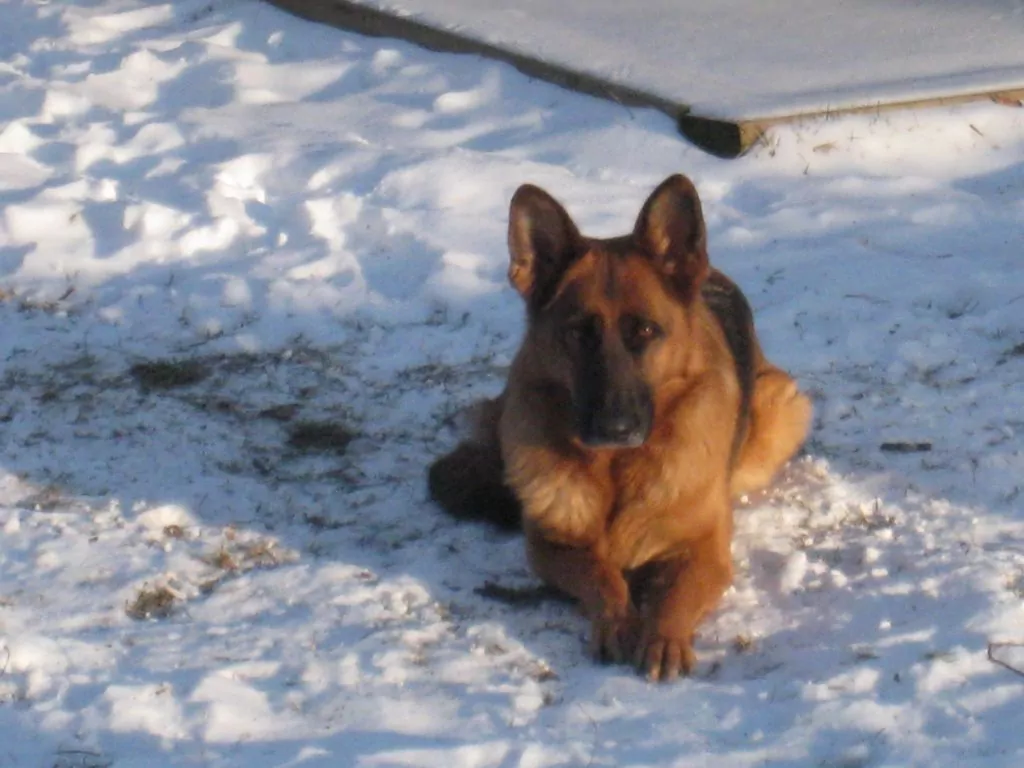
We all know that we need to take responsibility for our dogs – for their care, feeding and vetting, training, socialization, and general wellbeing. And yet, there are some in the dog training community who believe that we aren’t responsible for our dogs’ behavior and that their behavior doesn’t reflect us.
Recently, I came across a social media post that said just that. The writer’s view was that our dog’s behavior is not a reflection of us, but rather of its genetics, environmental conditions, unique temperament, learning history, and “what has/hasn’t happened that day.”
In addition, the post stated that living with dogs, while an incredible gift is also hard. That making ourselves responsible doesn’t help but only adds to the difficulty. Ultimately, the post concluded we can all “exhale” knowing that even science says this to be true.
Living with dogs is a gift and I agree that it isn’t always fun or easy. I also know from personal experience just how much guilt we can carry when our dogs have problems. I understand the good intentions behind wanting to let people off the hook and not saddling our training clients with such shame that they give up and then we can’t help them.
But if you’ve been with me a while, you’ll know that I passionately disagree with the notion that we aren’t to a great extent responsible for our dogs’ behavior. I’d be curious to see the kind of science that would back such a claim. I’d love to see any studies demonstrating that the person who feeds, trains, walks, and socializes the dog doesn’t matter. That how that person might relate to and interact with the dog, how they might feel and think about the dog are irrelevant. That traits a person has, such as being anxious or stable, lazy or driven, would have no bearing on the dog. To claim that science justifies we not take responsibility for our dogs diminishes both science and people’s capacity to do better and be better. Can you tell that this attitude makes me more than a little hot under the collar?
It’s important to note that taking responsibility doesn’t imply that we’re the only force at play. Nor are we to blame for everything. Rather, it’s about owning our part and recognizing our influence. I mean, aren’t we in part accountable for the dog’s learning history and “what has/hasn’t happened that day”?
And of course genetics play an immense role in shaping temperament and behavior. But genetics are the “nature” part while we, as the guardians of our dogs, bring forth the “nurture” part, i.e., the environmental conditions that actualize a dog’s genetic potential and can even transcend it.
It’s also true that too many dogs come with pain and trauma from past abuse, neglect, or simple misunderstanding and mismanagement. Many owners of such rescue dogs will use the past to justify why the dog is still problematic. As veteran trainer and author Suzanne Clothier put it: “Sometimes the dog’s history becomes baggage that the human carts along for the dog’s entire life.”
It’s up to us to model for the dog the hope and optimism of a better tomorrow and cultivate the kinds of bonds that heal wounds. I know without a doubt that dogs do better with those who celebrate their capacity to recover than with those who dwell on the hurt of the past.
When I was first told to look at myself for why my dog was troubled, it was hard to hear at first. Later, I breathed a sigh of relief because I knew I could do something and thus ultimately experienced this truth as liberating and empowering.
Taking responsibility means we seize every opportunity to do right by our dogs, even if it involves the challenging work of changing how we think and feel. Even if it means changing who we are.